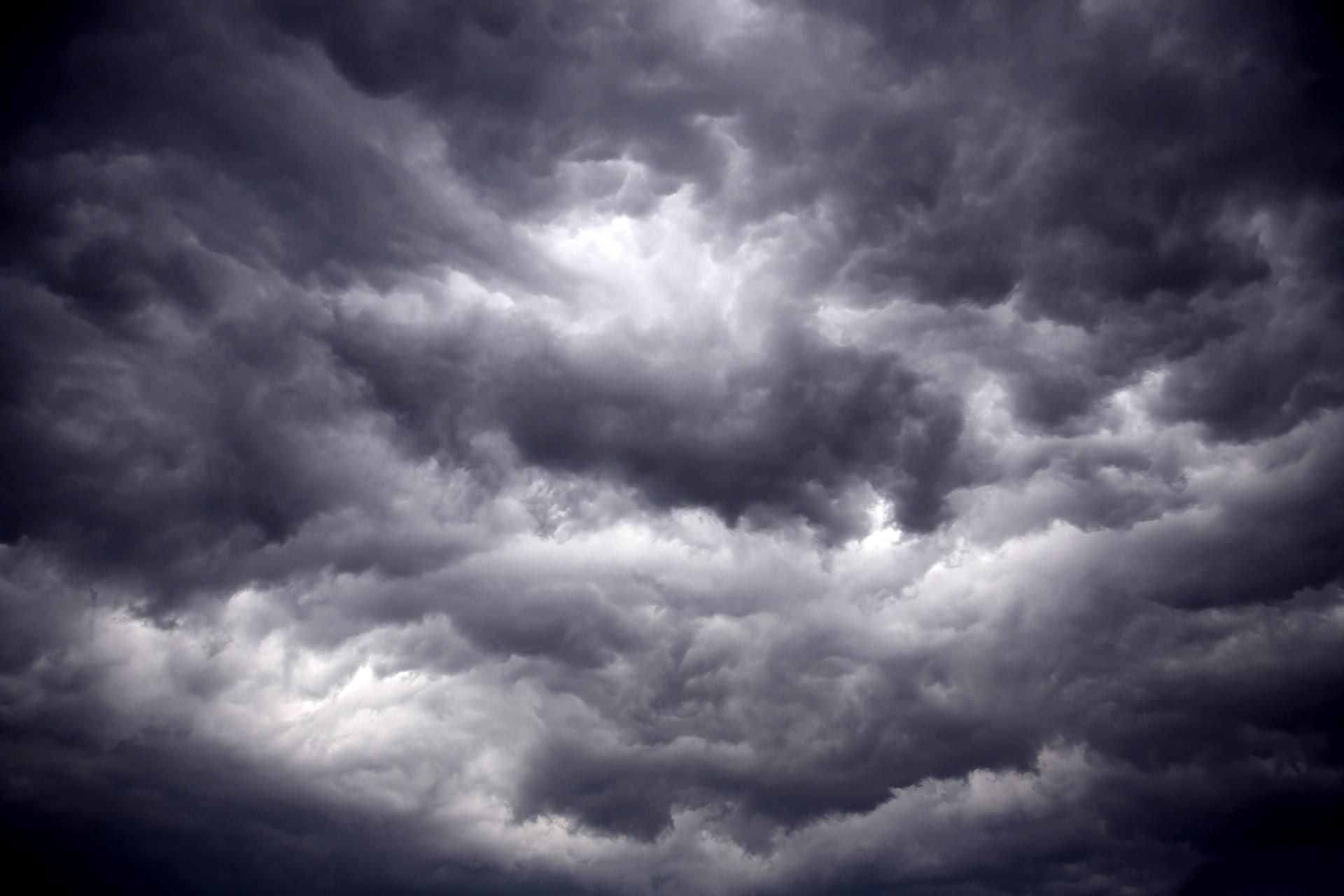ECLIPSE AND CLOUDS...
- rebeccakopelman
- Aug 12, 2017
- 2 min read
As you probably know by now a total solar eclipse is going to occur on the afternoon of August 21st. Here's the path of the eclipse along with major cities that will be experiencing a 100% total eclipse in the United States:

The Midwest is in the range of 75 to 100% so even if you're not in the path of totality, it's still going to be a great show! But will clouds spoil the fun? The short answer is... it's a little too soon to know.
There are clouds on many of those years in the Midwest, but not all clouds will obstruct the views completely of the solar eclipse. It depends on the type of cloud and how much cloud cover there is. The site eclipse2017.org discusses the eclipse with cloud cover:
"If the sky is completely overcast, it will get VERY dark – pitch black, in fact, to the point where it will be tricky to walk around.If there are broken or scattered clouds, then you will have to hope that the Sun is not behind one of them at the time of totality. If you can re-position yourself to spot where the Sun will be in the clear during totality (this is the REAL “eclipse chasing”!), then you will be able to see the Diamond Ring, the corona, and all the cool effects that present during totality.If the Sun is behind a cloud during totality, you will still experience the temperature drop, and the sunset glow on the horizon – but this is not how you want to see a total eclipse!"
Yes, our weather models get out to August 21st, but it is still far enough away that things could change. Here's a graphic from NASA showing the probability of clear skies on August 21st:

Because it is still summer time clouds are more likely in the central and eastern United States. But let's take a look at some actual model data now. Below is the GFS and European projections of cloud cover for midday, Monday August 21st:


The GFS has widespread cloud cover while the European has clouds mainly over Wisconsin, Minnesota, Kansas and Nebraska. Both models however mainly predict high clouds, which are *typically* thinner and easy to see through. This is a very early look at things and the weather will change by the time we get to eclipse day.
We'll talk more about the eclipse and the forecast for the big day over the next week. Clouds or no clouds it's going to be quite the show!
RK













Comments